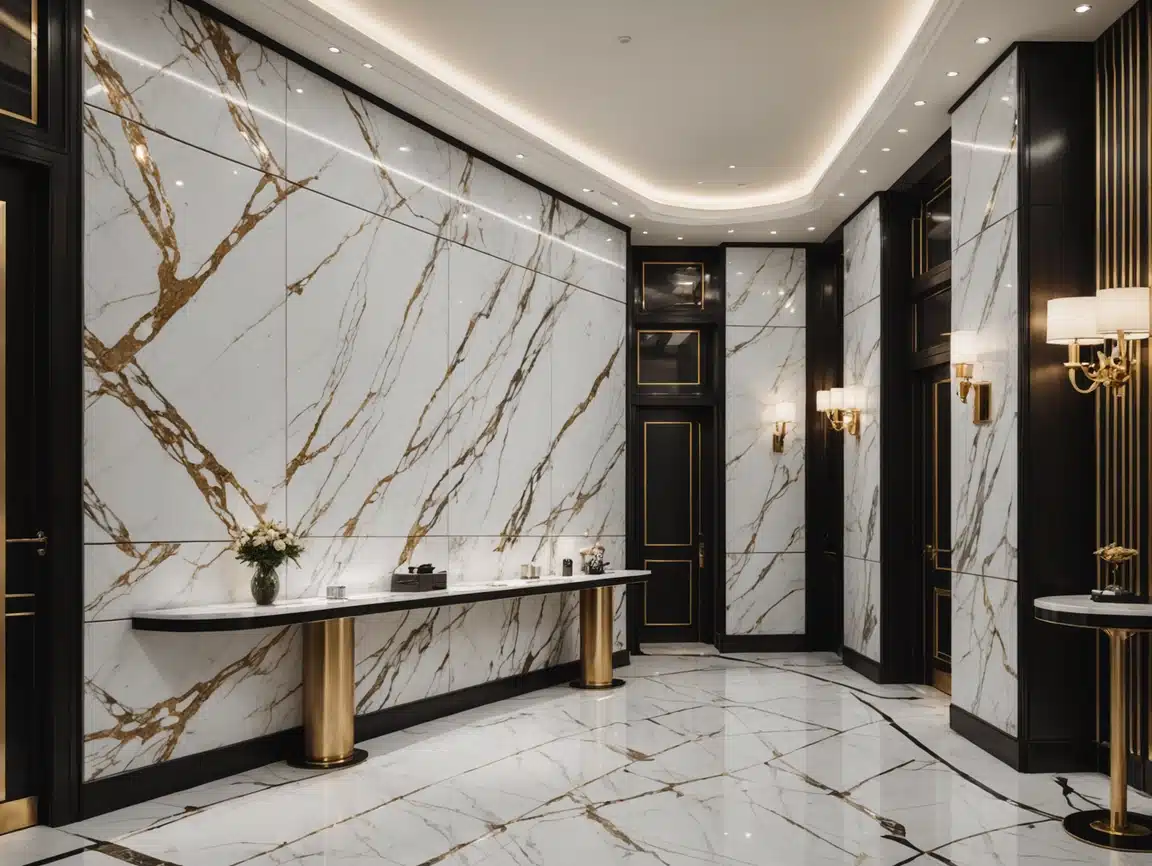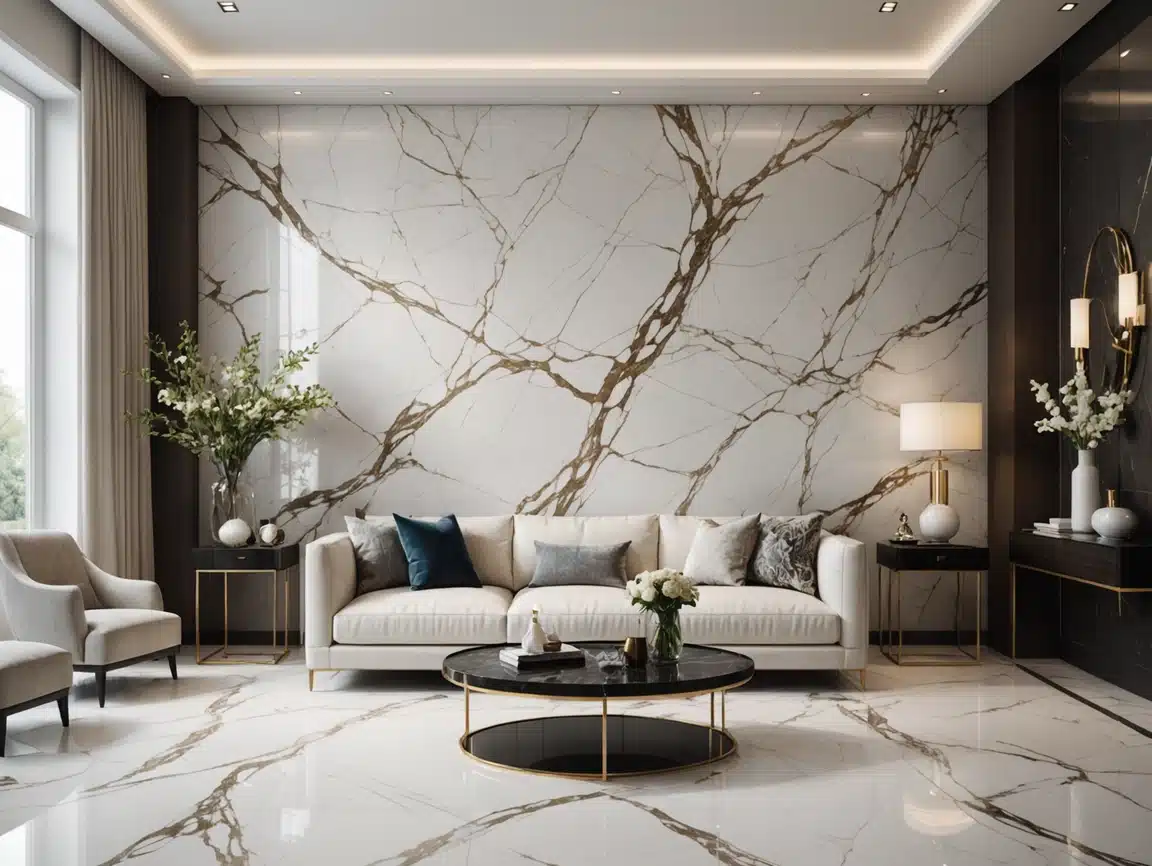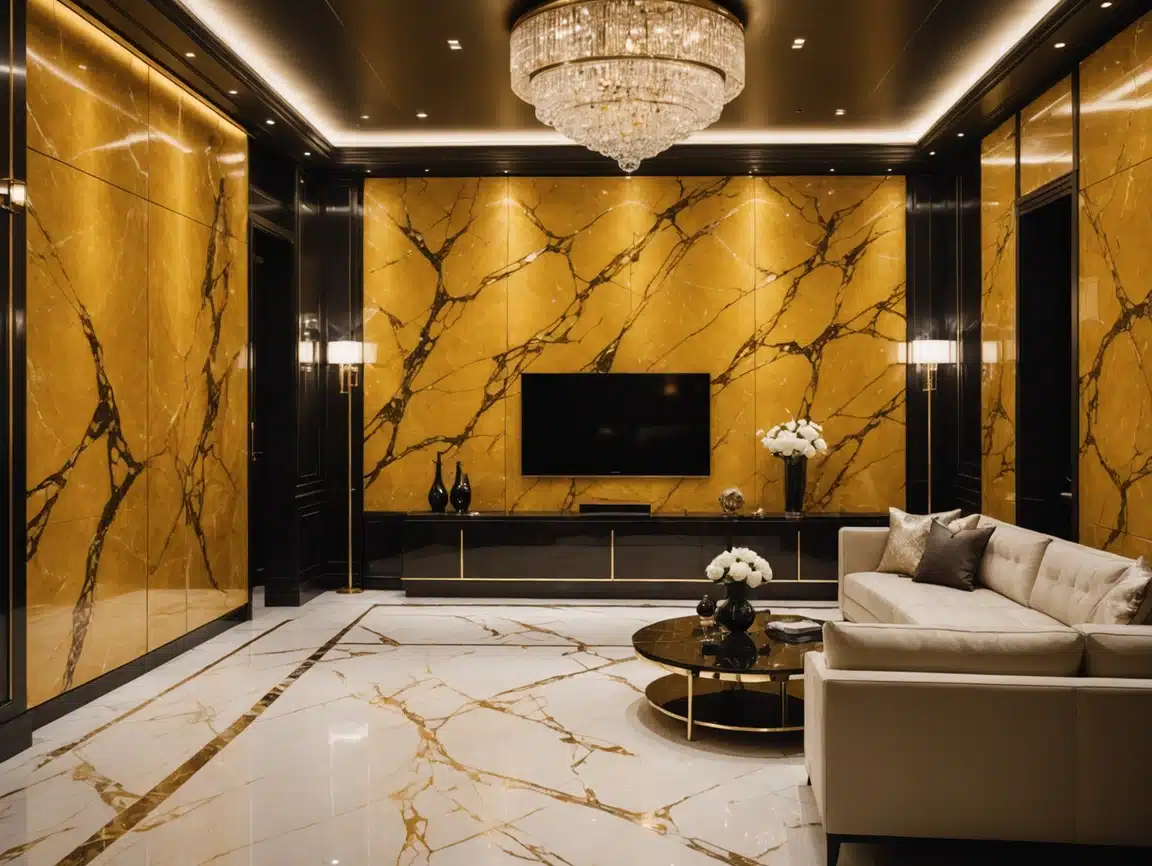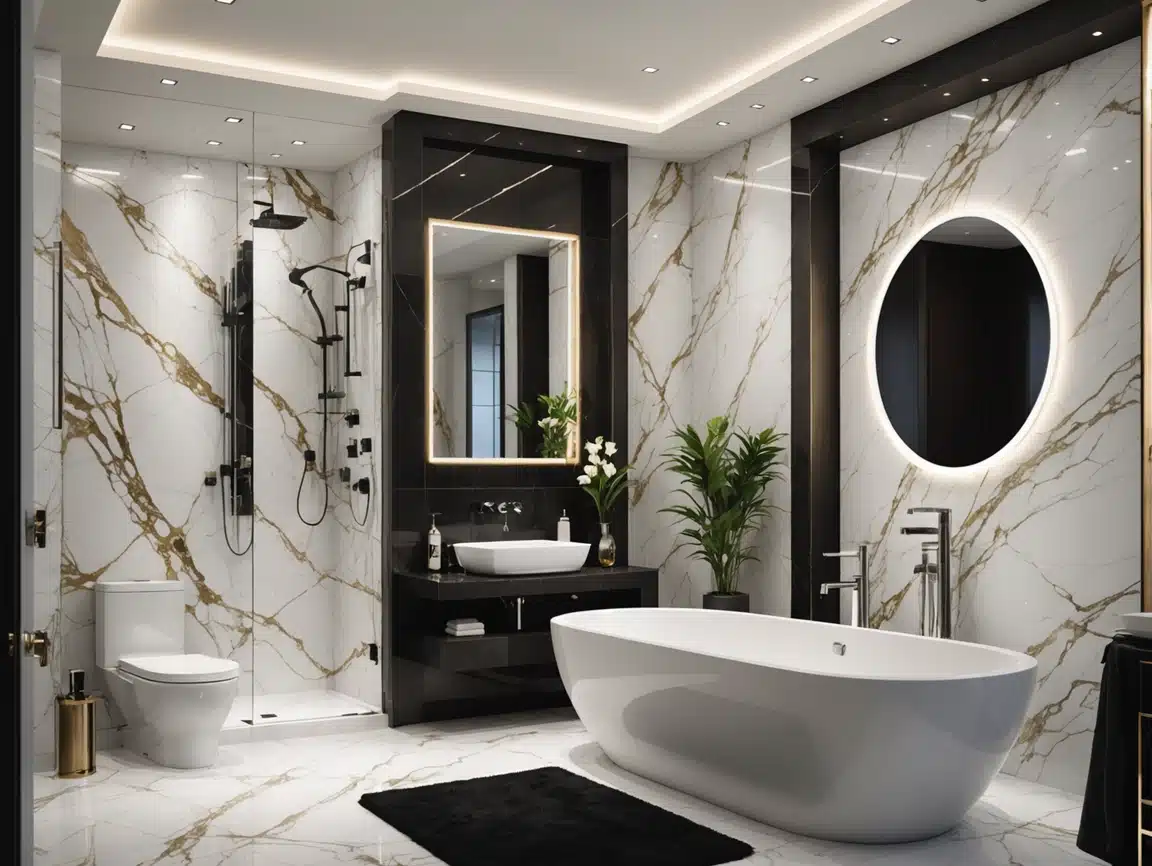Sound-absorbing materials used in schools
Schools are noisy places—classrooms, cafeterias, and hallways can hit 75–85 decibels (as loud as a vacuum!). Excess noise hurts focus, learning, and teacher well-being. Luckily, sound-absorbing materials can cut noise by 30–60% while keeping schools budget-friendly and kid-safe. Here are the top 4 options for 2024.
1. Fabric-Wrapped Fiberglass Panels
- Best For: Classrooms, libraries, auditoriums.
- Noise Reduction: NRC 0.8–1.0 (absorbs 80–100% of echoes).
- Cost: 5–15/sq. ft.
- Why Schools Love Them:
- Fireproof: Class A fire-rated options available.
- Durable: Scratch-resistant fabric (easy to clean).
- Customizable: Add school colors, mascots, or educational prints.
Pro Tip: Mount panels on walls near whiteboards or ceilings above desks for max impact.
2. Acoustic Foam Tiles
- Best For: Music rooms, gyms, cafeterias.
- Noise Reduction: NRC 0.6–0.8 (absorbs 60–80% of mid/high frequencies).
- Cost: 2–8/sq. ft.
- Why Schools Love Them:
- Lightweight: Easy to install with adhesive (no tools).
- Water-Resistant: Closed-cell foam works in humid areas.
- Fun Designs: Hexagons, clouds, or puzzle shapes engage kids.
Case Study: A Texas elementary school reduced cafeteria noise by 45% using colorful foam tiles on walls.
3. Recycled PET Felt Panels
- Best For: Hallways, preschools, STEM labs.
- Noise Reduction: NRC 0.5–0.7 + eco-friendly appeal.
- Cost: 4–12/sq. ft.
- Why Schools Love Them:
- Non-Toxic: Made from recycled plastic bottles (no VOCs).
- Soft & Safe: No sharp edges; ideal for young kids.
- Sustainability: Schools earn green building credits.
2024 Trend: Felt panels shaped like trees, animals, or planets for interactive learning walls.
4. Perforated Wood Acoustic Panels
- Best For: Auditoriums, admin offices, entryways.
- Noise Reduction: NRC 0.4–0.6 + aesthetic warmth.
- Cost: 10–25/sq. ft.
- Why Schools Love Them:
- Professional Look: Natural wood or painted finishes.
- Durable: Withstands high-traffic areas.
- Versatile: Doubles as display boards for student art.
Installation Hack: Pair with Rockwool insulation backing to block outdoor noise (STC 50+).
Comparison Table
| Material | Noise Reduction | Cost | Best For | Kid-Safe? |
|---|---|---|---|---|
| Fabric-Wrapped Panels | High (NRC 0.8–1.0) | $$ | Classrooms | Yes |
| Acoustic Foam | Medium (NRC 0.6–0.8) | $ | Cafeterias, gyms | Yes |
| Recycled PET Felt | Medium (NRC 0.5–0.7) | $$ | Preschools | Yes |
| Perforated Wood | Low-Medium (NRC 0.4–0.6) | $$$ | Offices, lobbies | Yes (edges sanded) |
How to Choose the Right Material
- Assess Noise Type:
- Echoes: Prioritize high NRC (fabric or foam).
- Outdoor Noise: Add STC-rated materials (wood + insulation).
- Check Safety Standards:
- Fire Rating: Class A or B for most states.
- Non-Toxic: Greenguard Gold certification for air quality.
- Budget: Start with foam/felt in high-noise zones; invest in fabric/wood for key areas.
- Engage Students: Let kids vote on colors or shapes for a sense of ownership.
Installation Tips for Schools
- DIY: Use adhesive strips or Velcro for easy summer break updates.
- Pro Help: Hire contractors for ceilings or large auditoriums.
- Maintenance:
- Monthly: Vacuum fabric/wood; wipe foam with damp cloth.
- Avoid: Harsh chemicals or abrasive tools.
2024 Innovations
- Anti-Bacterial Panels: Infused with copper ions to reduce germs.
- Sound-Absorbing Paint: Adds NRC 0.3–0.5 with 2 coats (great for lockers).
- Mobile Partitions: Felt-covered rolling walls for flexible classrooms.

FAQs
Q: Are these materials fire-safe?
A: Yes—look for Class A fire ratings (required in most schools).
Q: Can students draw on fabric panels?
A: Some brands offer dry-erase surfaces; avoid markers on standard fabric.
Q: How long do they last?
A: 10–20 years (fabric/wood) vs. 5–10 years (foam/felt).
Conclusion: Quiet Classrooms, Better Learning
From vibrant felt panels to classic wood designs, these materials cut noise while inspiring students. Start with high-impact zones (cafeterias, music rooms) and scale up as budgets allow.
Need help? Download our free school noise audit checklist or request samples!
Free samples
In recent years, composite products have become more and more popular all over the world. We believe you will also be interested in this new material. If you are interested, you can come to consult us. We have a professional service team that can not only answer any questions you may have but also provide you with free samples. Let you better understand the composite products. There is no doubt that composite wall panels will be the new future.
Share

James is a content creator and decorator with five years of experience designing home decor. In his daily life, james is constantly on the lookout for the latest, great examples of house design and further optimizes his solutions. Additionally, he writes articles related to outdoor design, interior design, and architectural decorating materials to help brands build more engaging relationships with their audiences.




